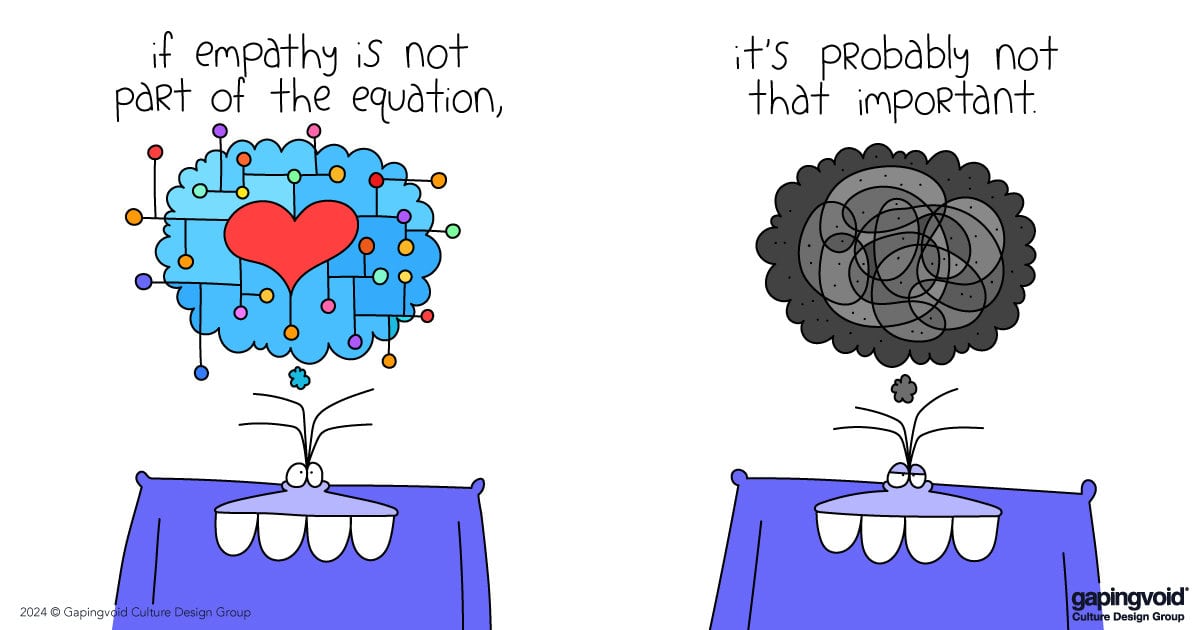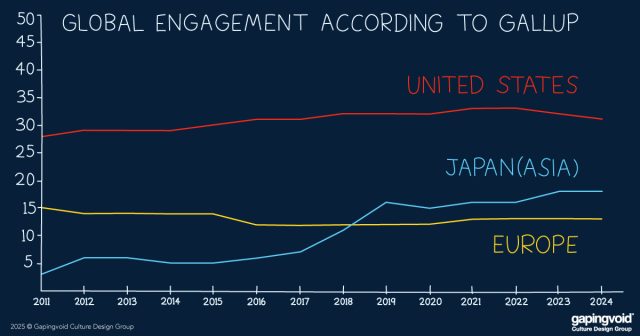
In Seth Godin’s “Tribes” book, he shares a story about a nonprofit who conducted a vaccination campaign in Rwanda. It spent its resources creating beautiful, convincing, and persuasive pro-vaccine posters to spread around the region… without realizing that most people in its target audience couldn’t read them.
Then there was the time when another humanitarian organization tried to plant crops in a large field of fertile soil near a food-insecure African village. It was arable, nutrient-dense, well-irrigated soil… why didn’t the locals use it to farm?
It became clear soon enough: once the crops started to grow, Hippos leapt out of the surrounding wilderness, ate their fill, and trampled over the rest. The locals knew that would happen, while the organization didn’t know what it didn’t know.
As they say, the road to hell is paved with good intentions. Luckily, there is a helpful tool Nature gave us to help avoid falling into that trap: the capacity for empathy.
The word “empathy” comes from the Greek word “empatheia,” which is a combination of two words: “en,” meaning “in,” and “pathos,” meaning “feeling.”
Empathy, then, is “in-feeling:” the ability to step into someone else’s inner world and to see reality through their eyes.
It’s really hard to do any kind of business, any kind of meaningful work, without empathy.
Why? Because to do meaningful, important work requires solving problems for others. And without empathy for others, it’s really hard to know what a real problem actually is.
Empathy makes you realize that everyone else’s inner life is just as complex as your own, and allows you to start working backwards from there, as opposed to just assuming you already have all the answers.
Not a bad way to spend a career.



